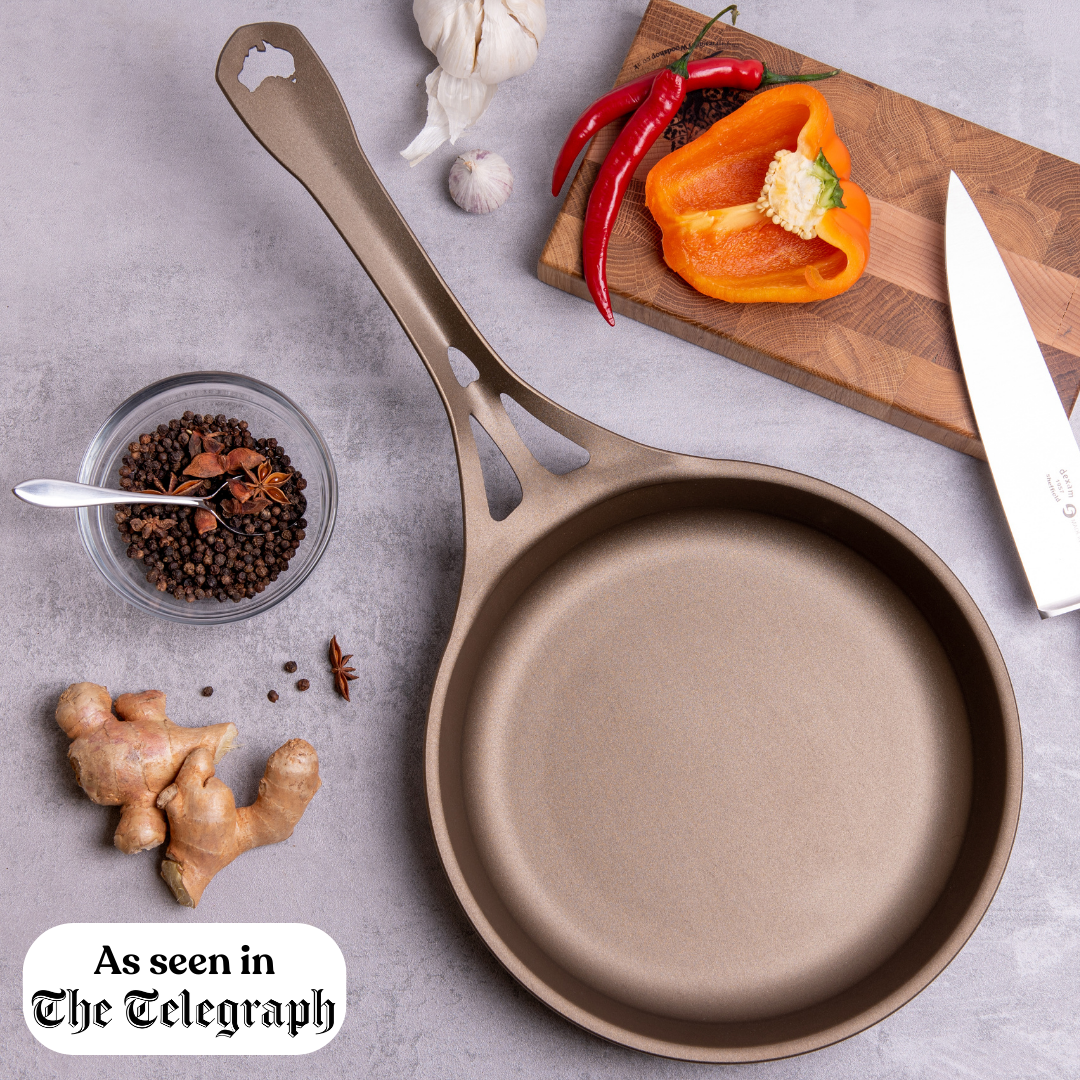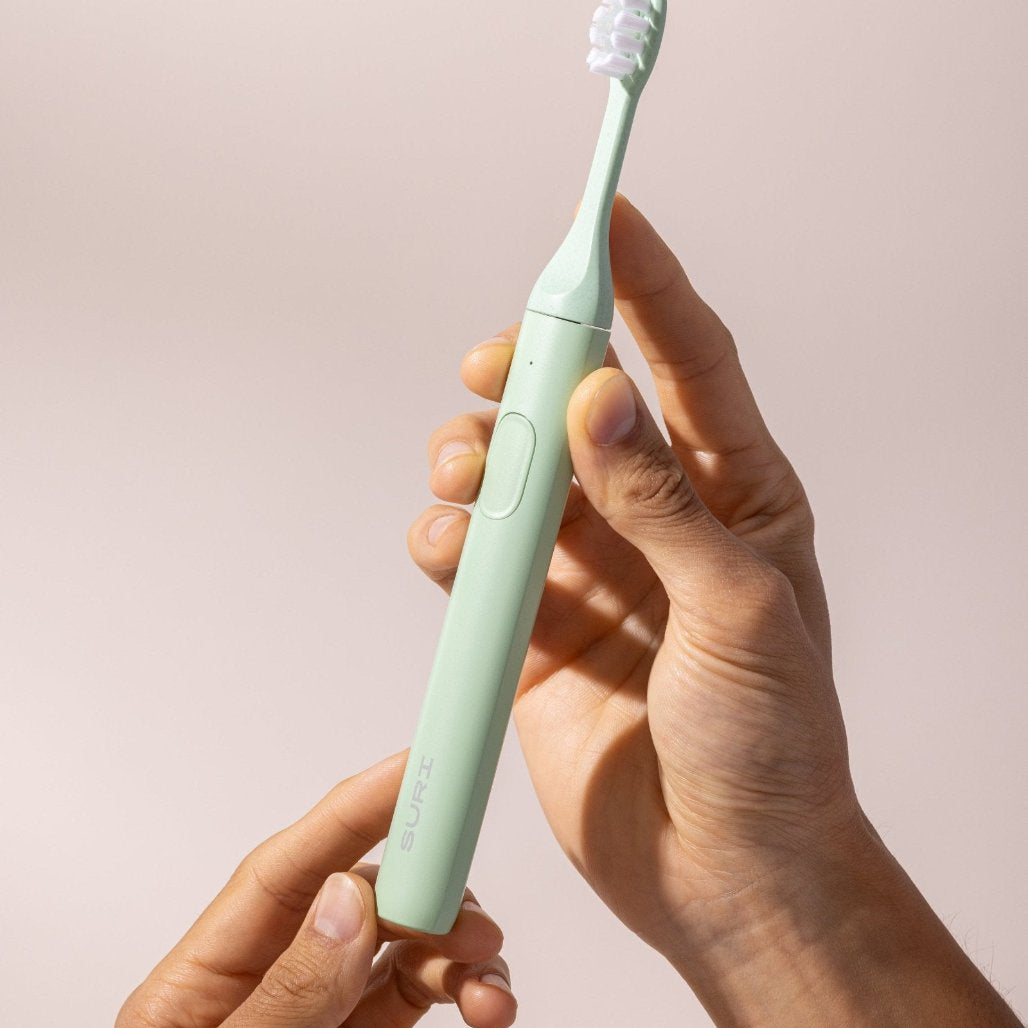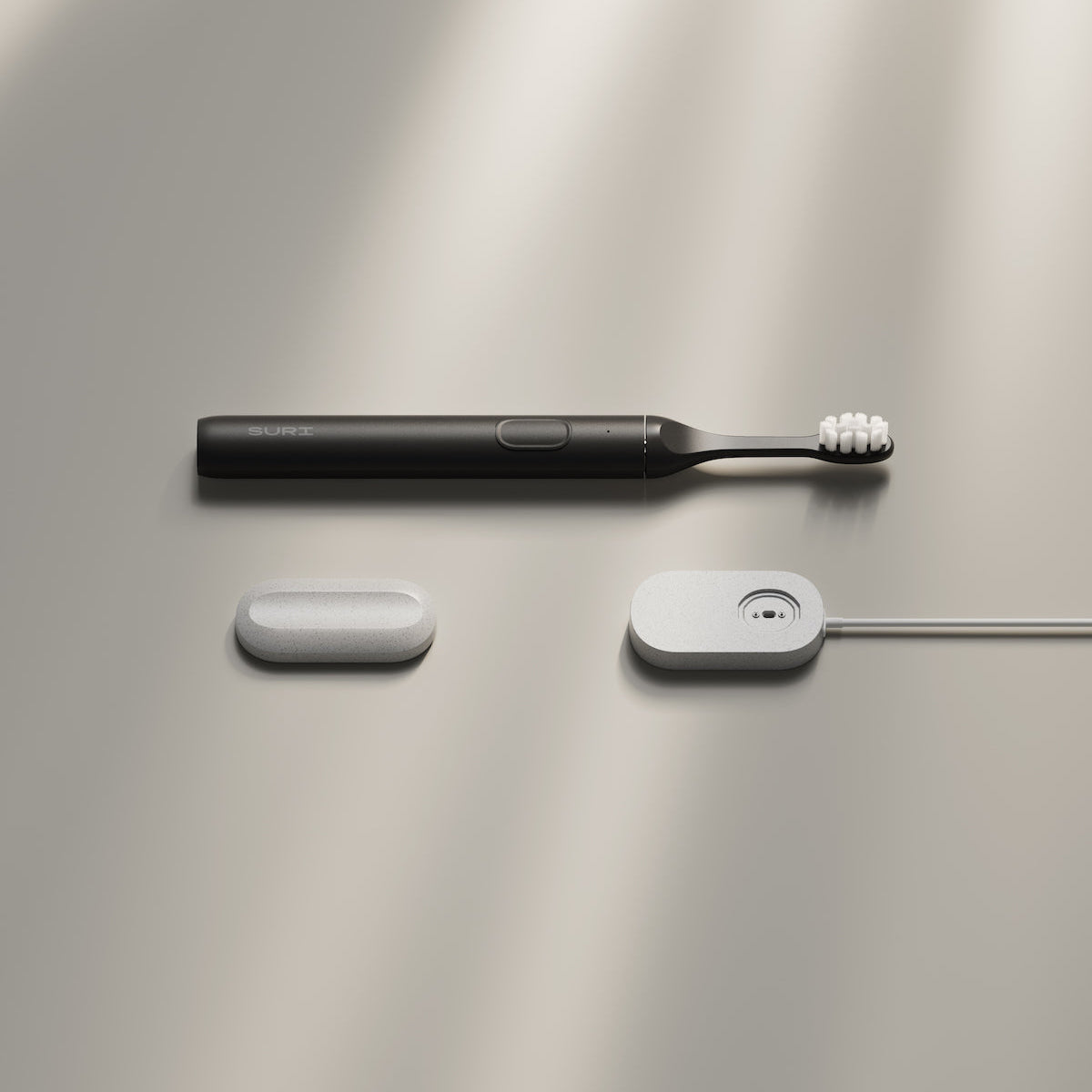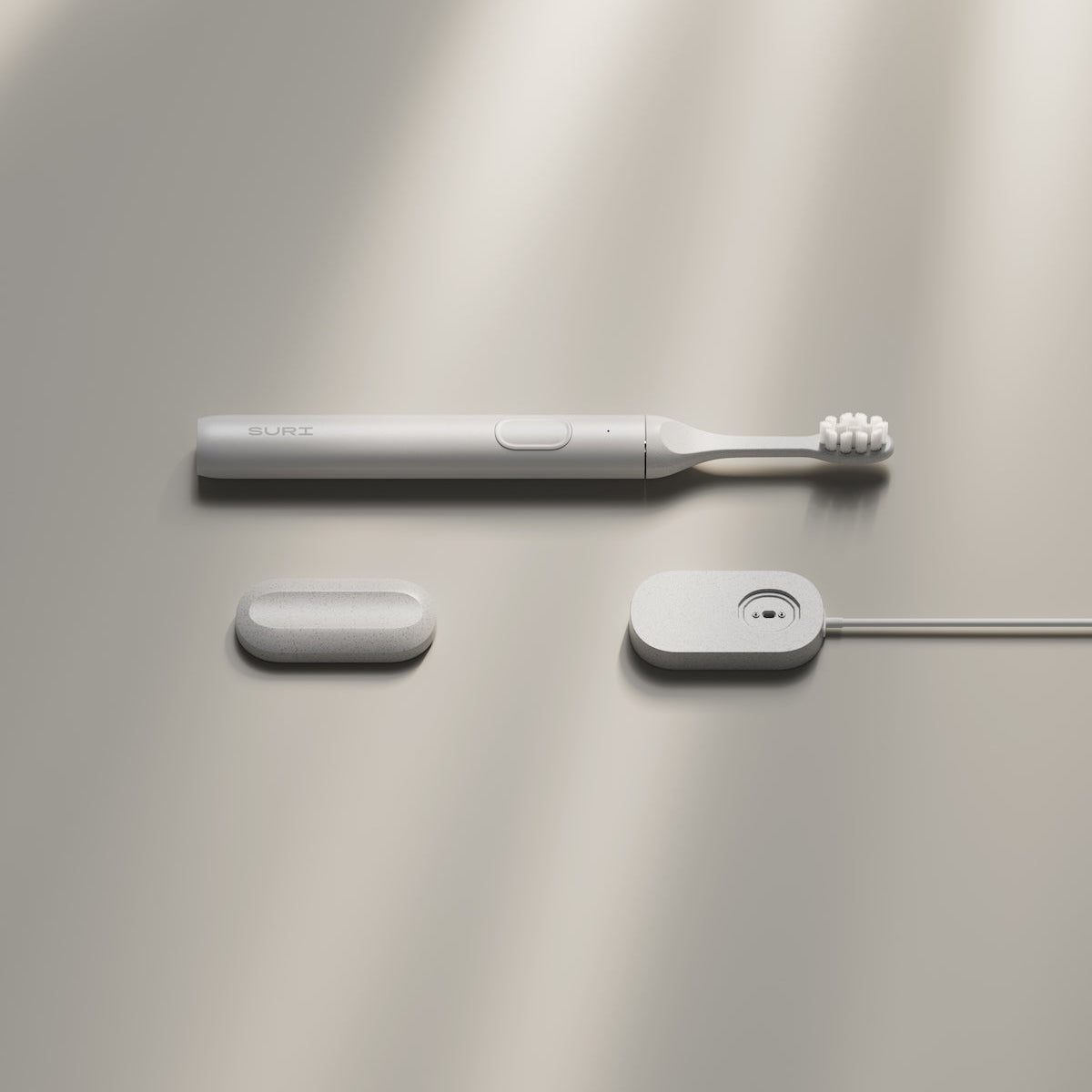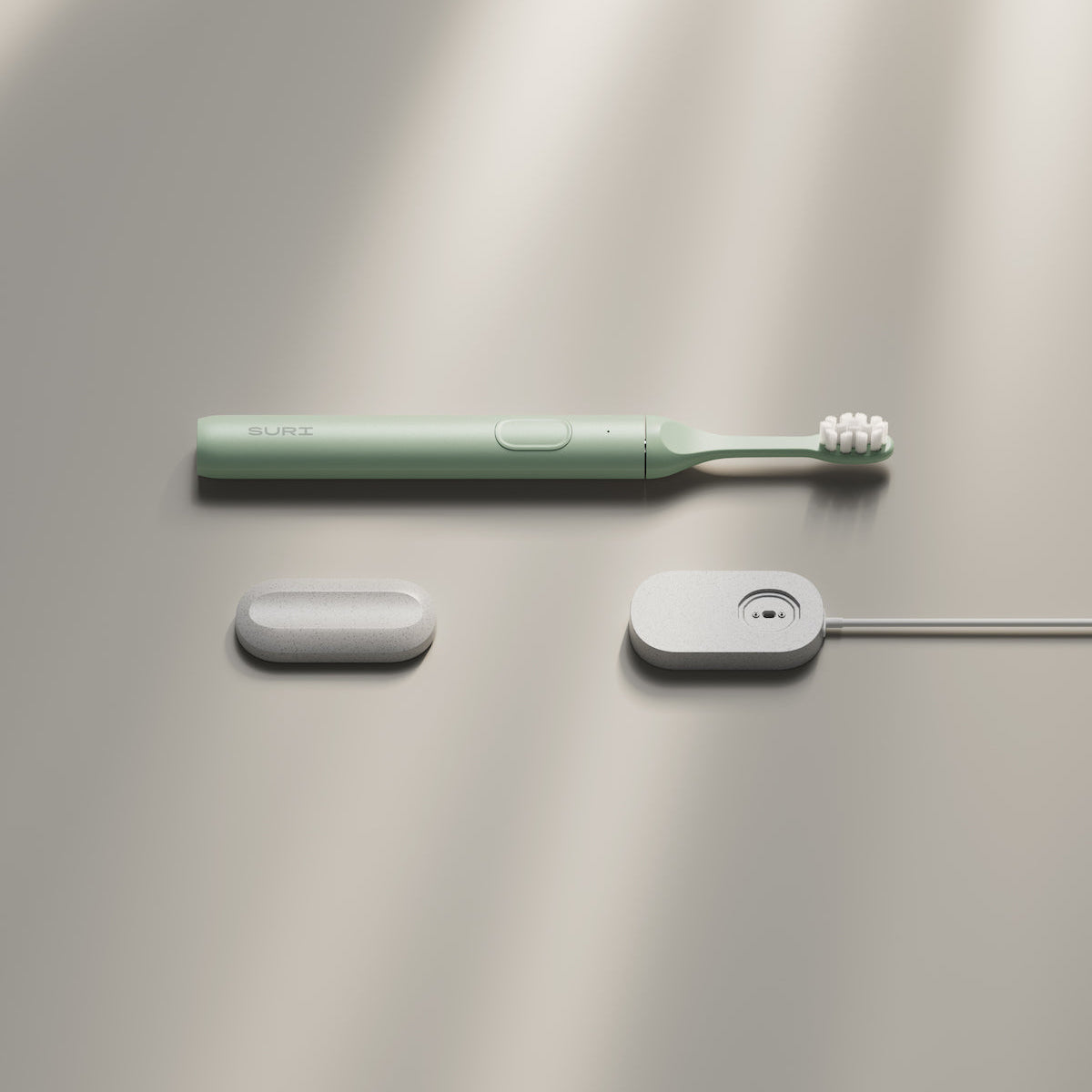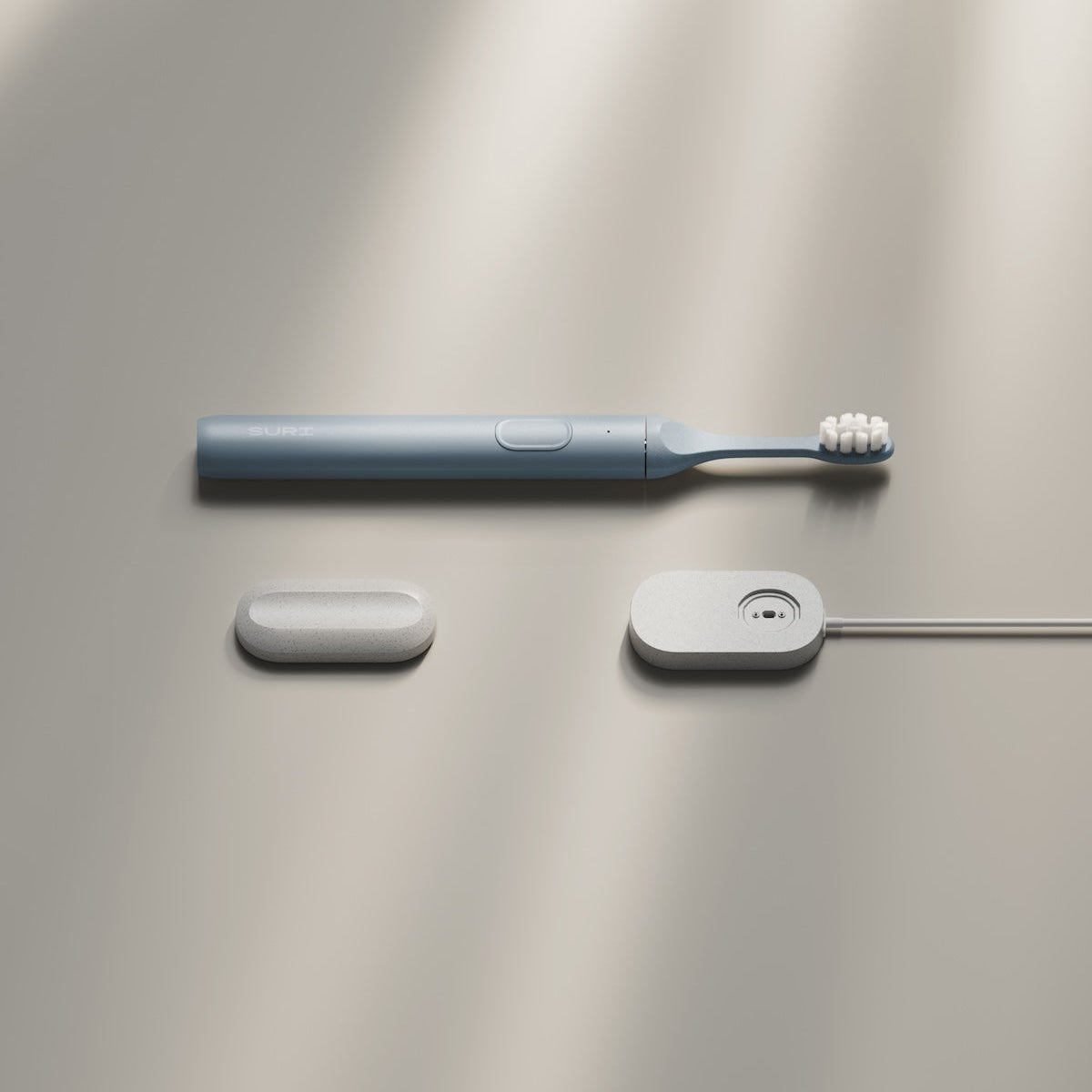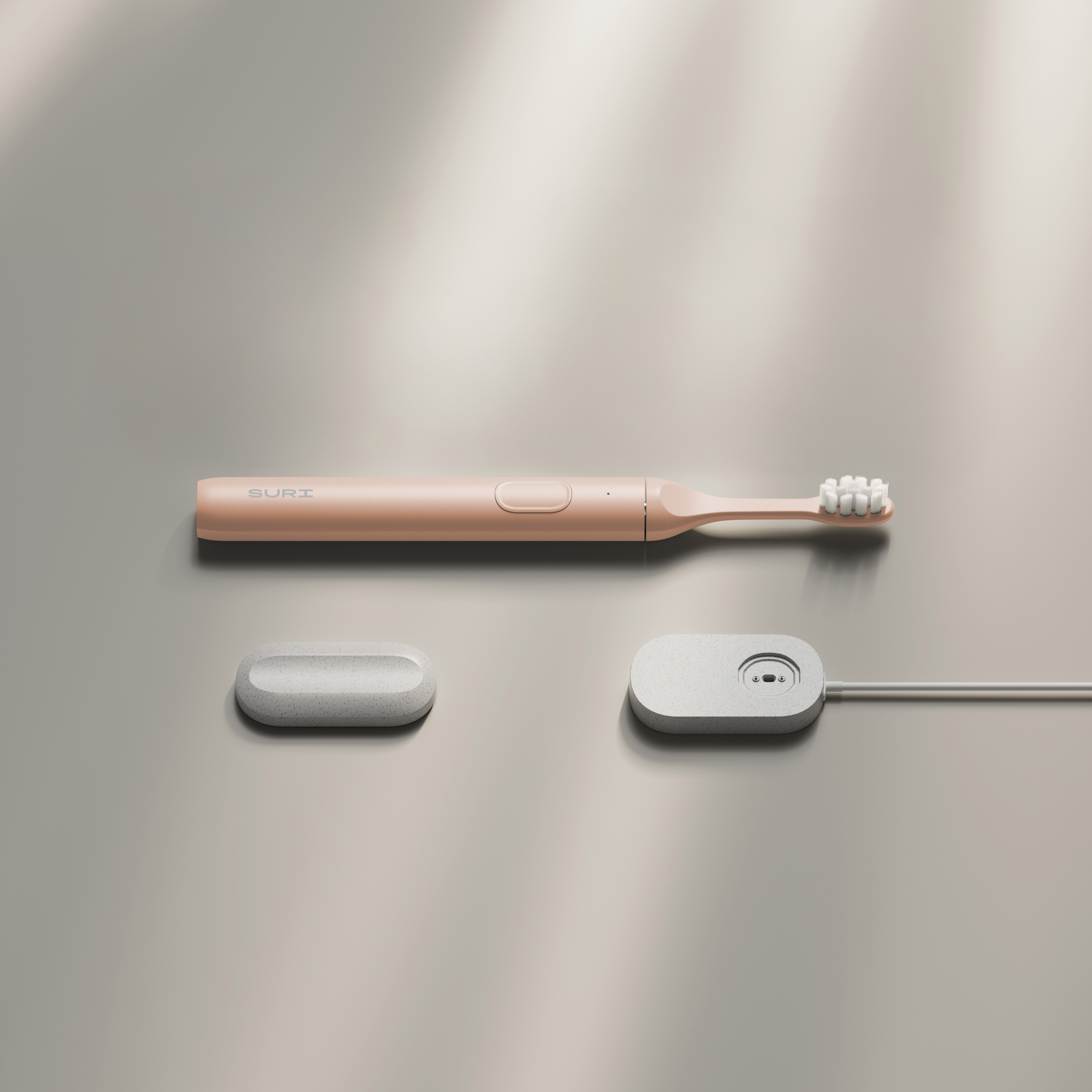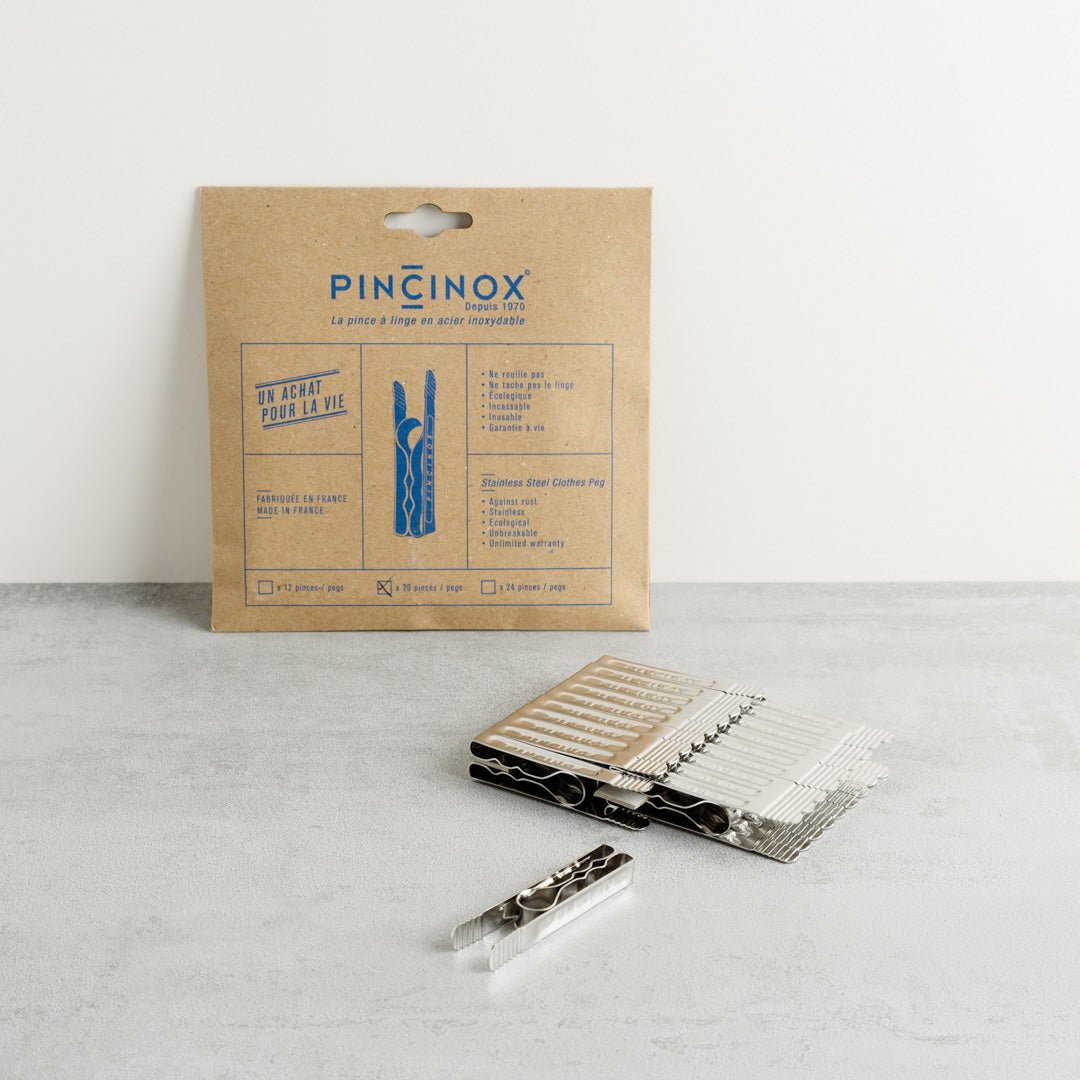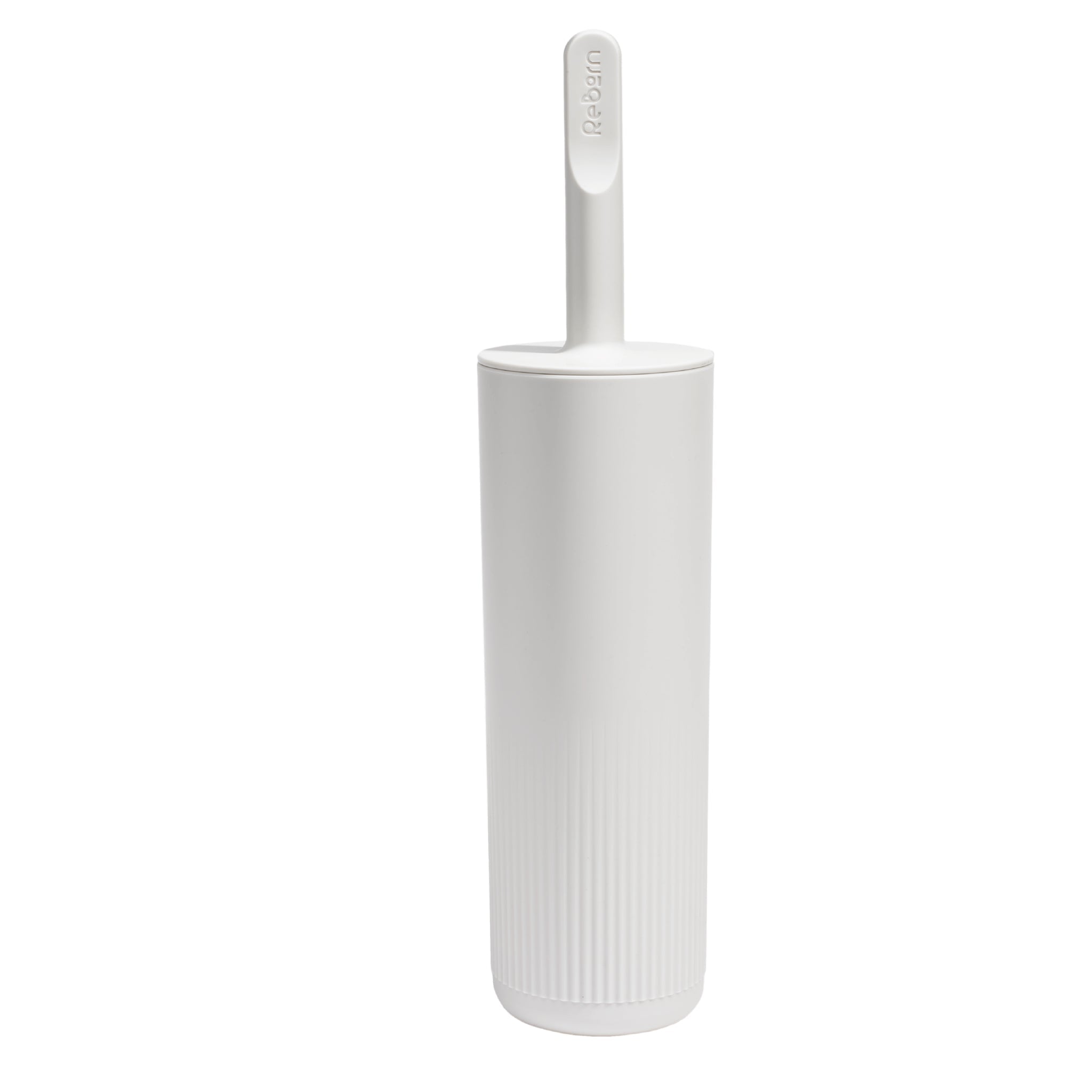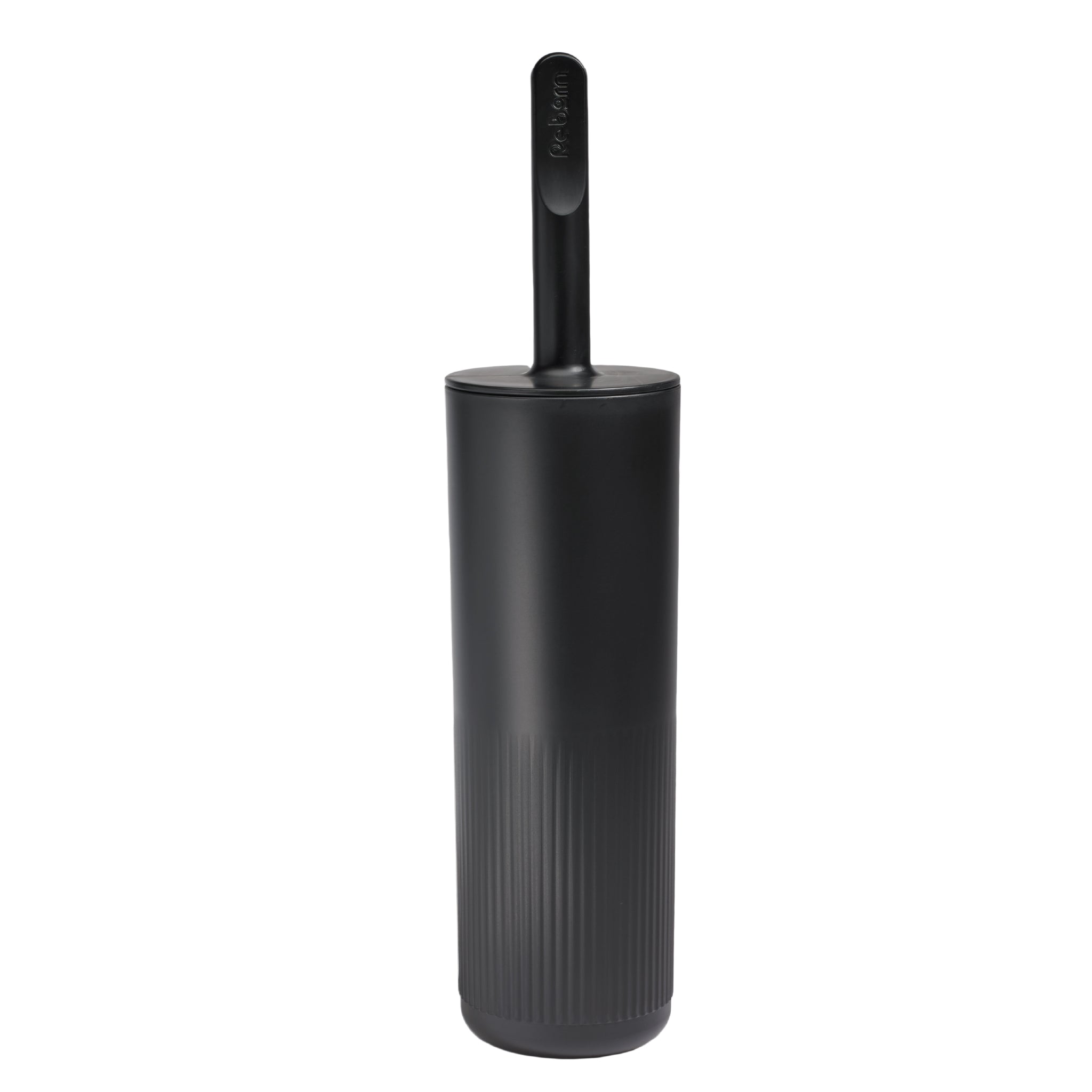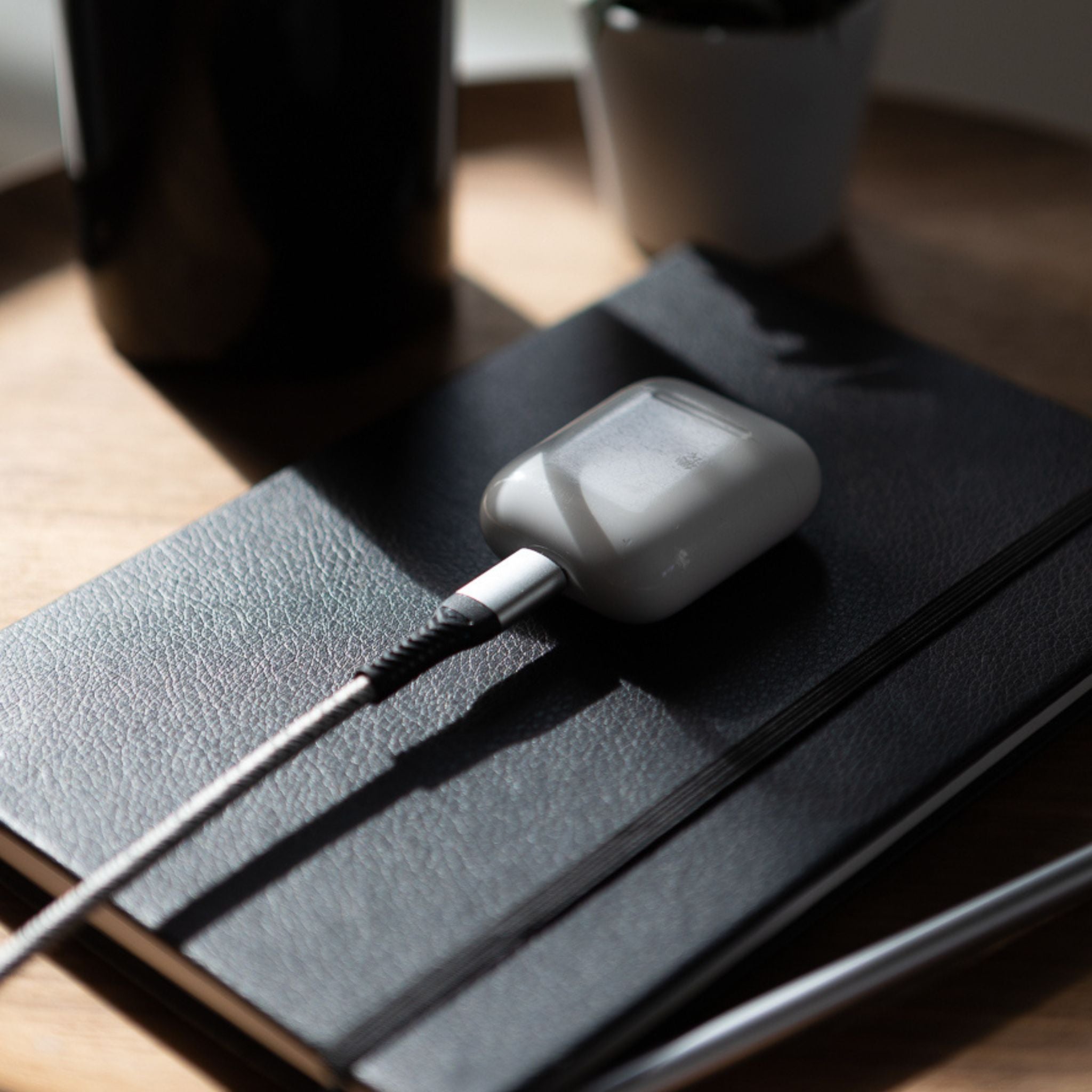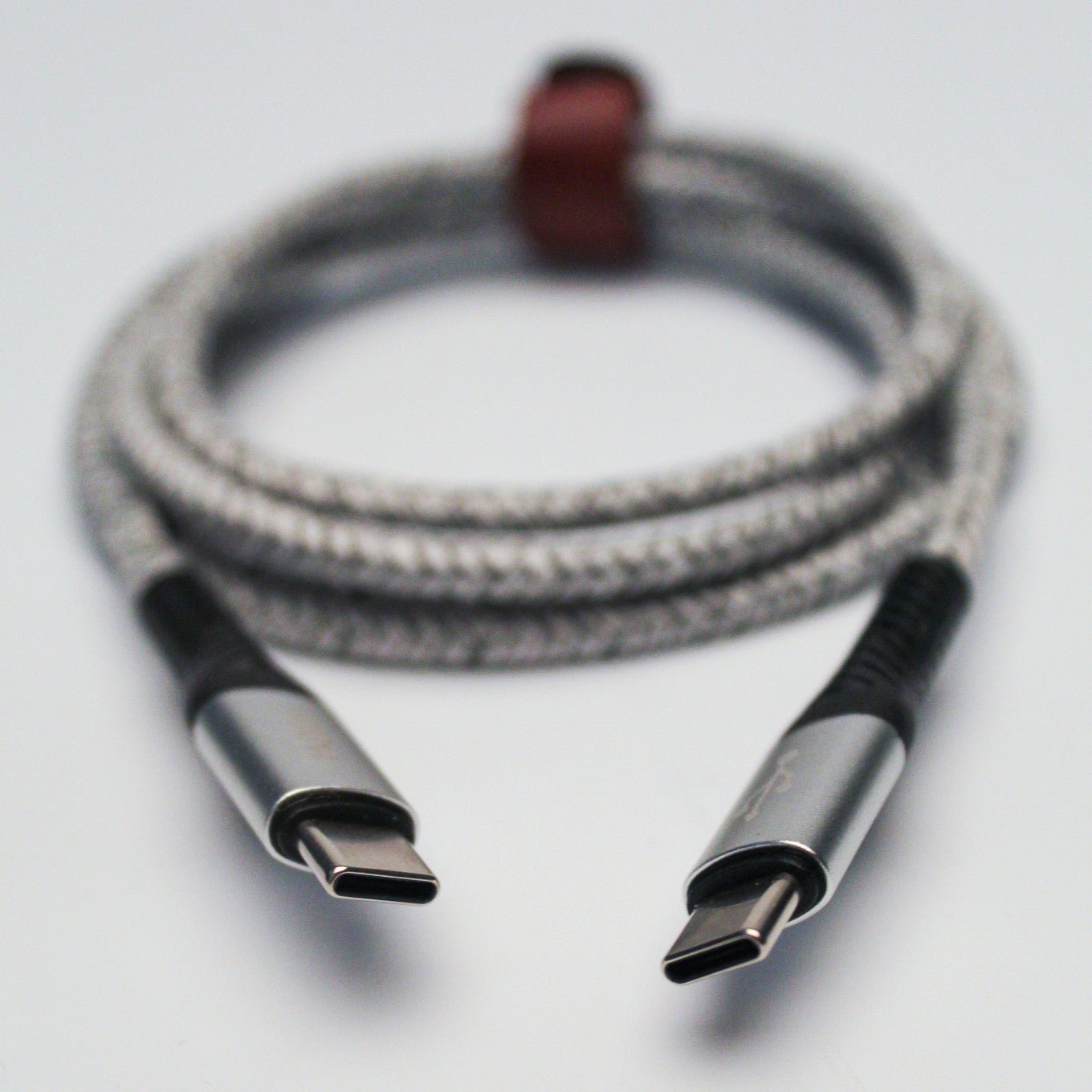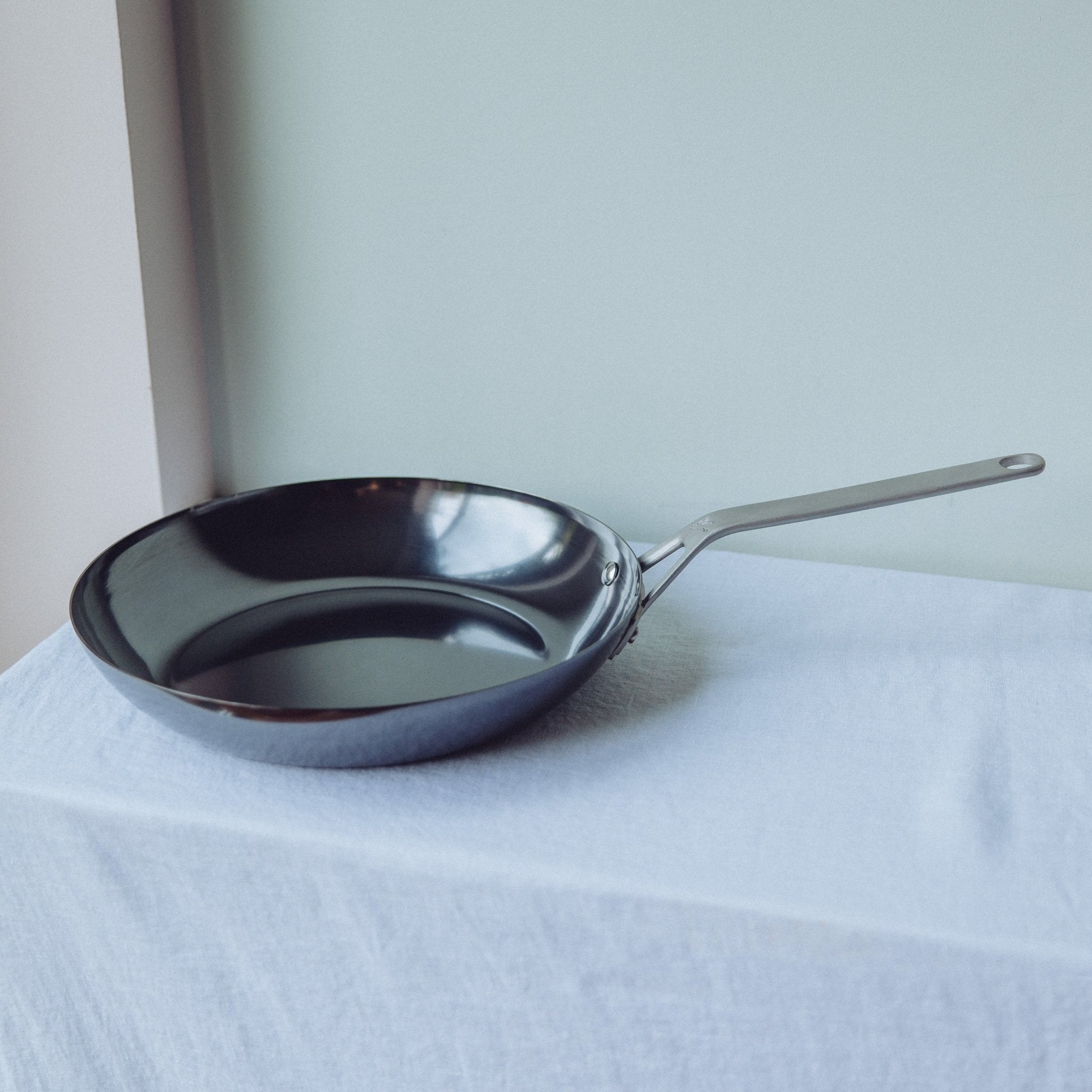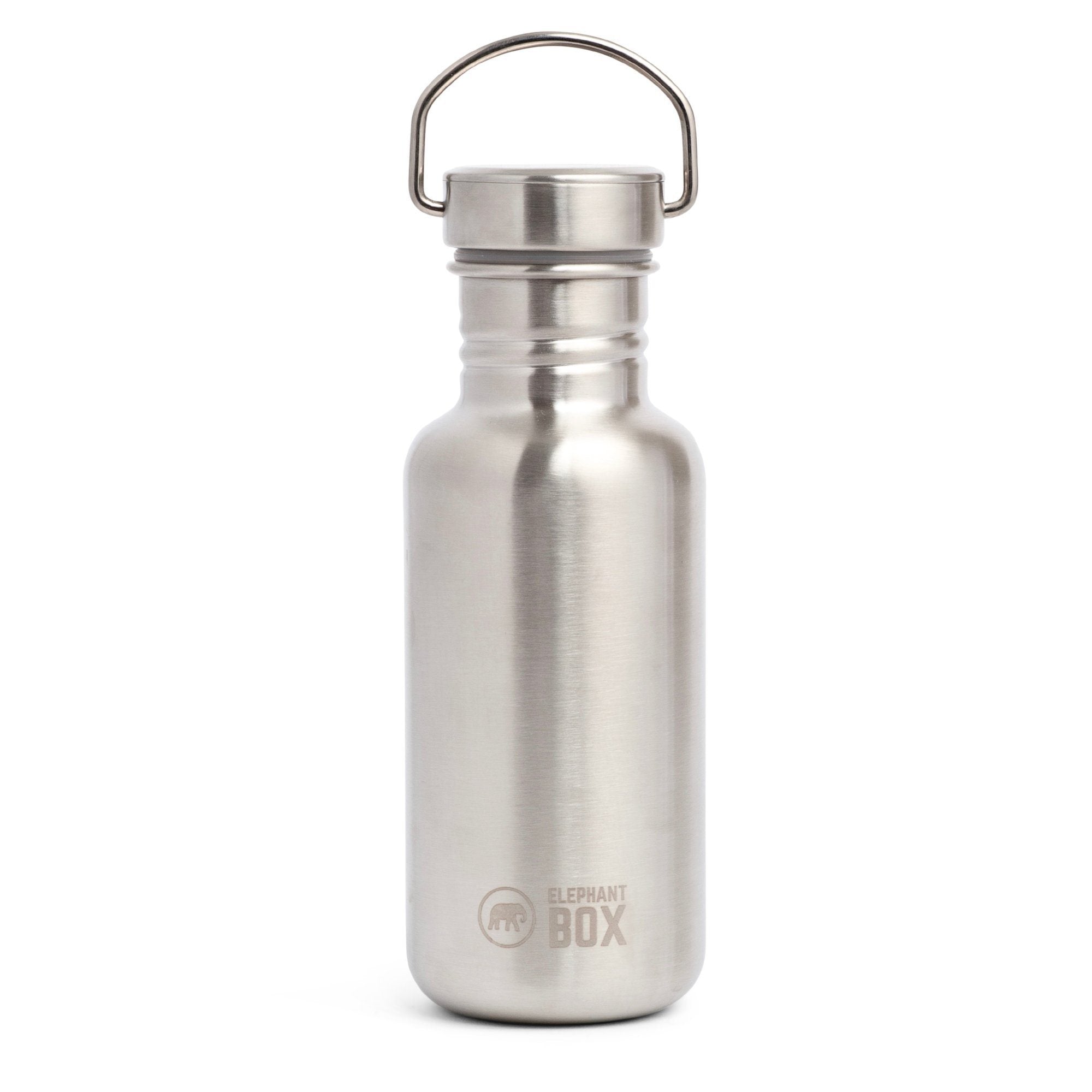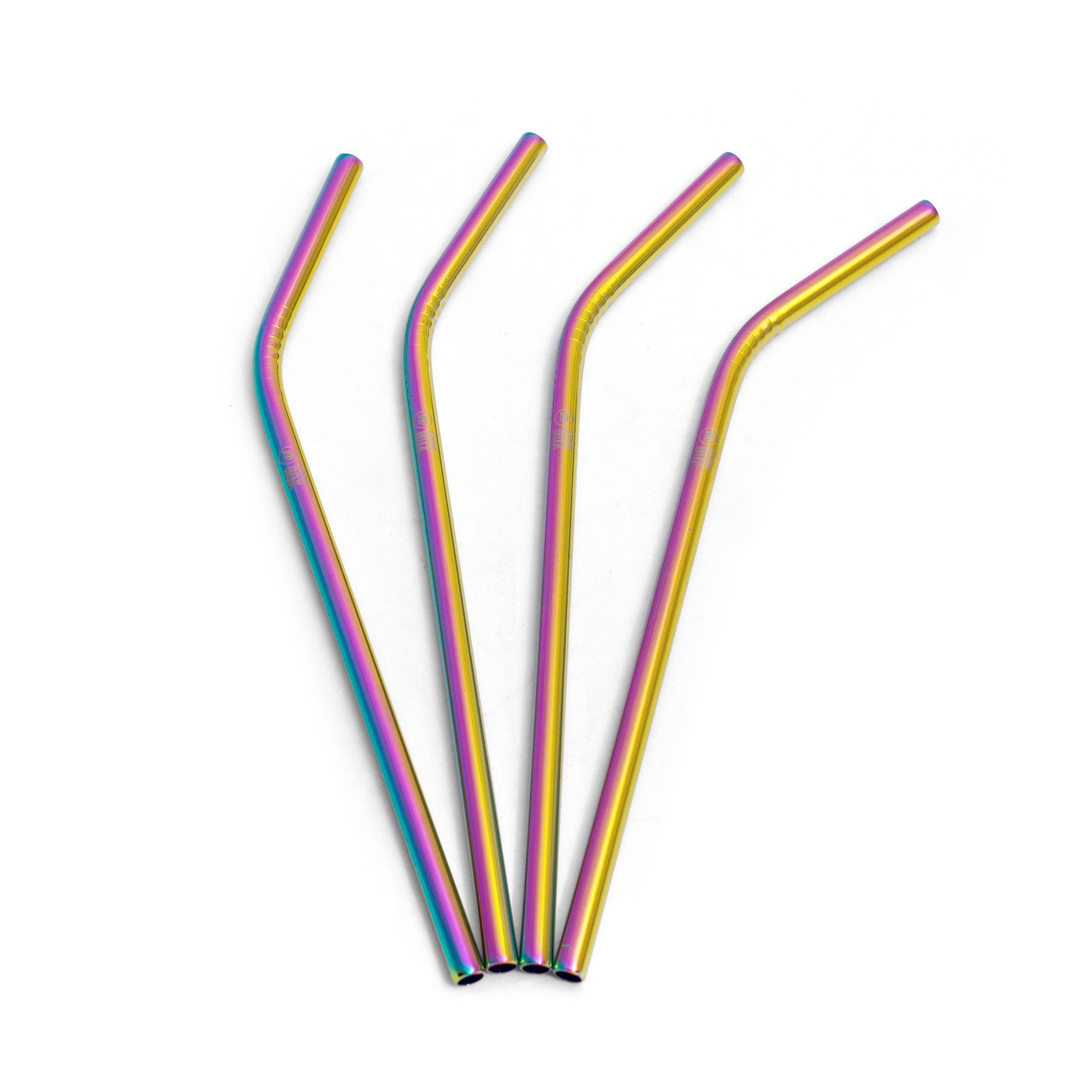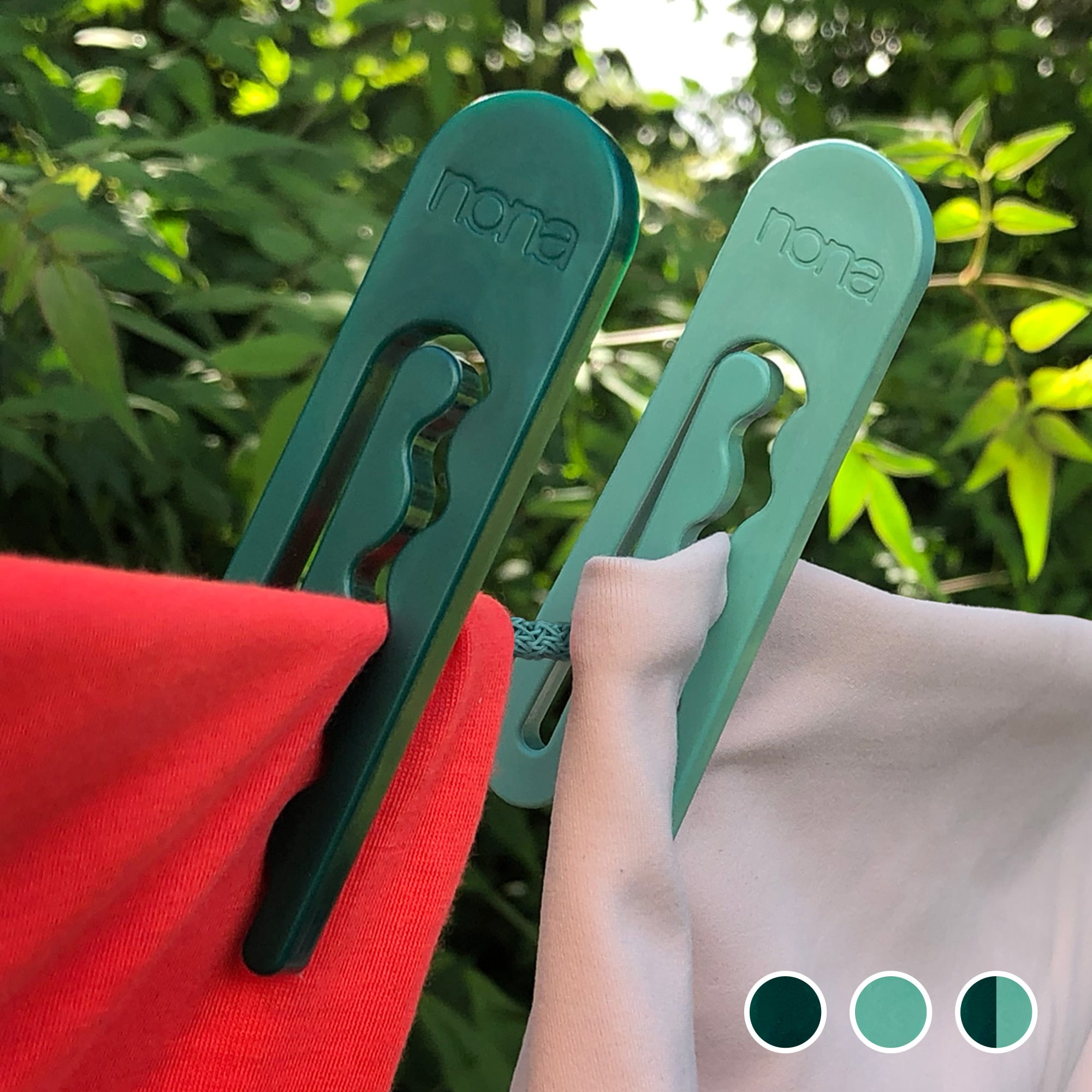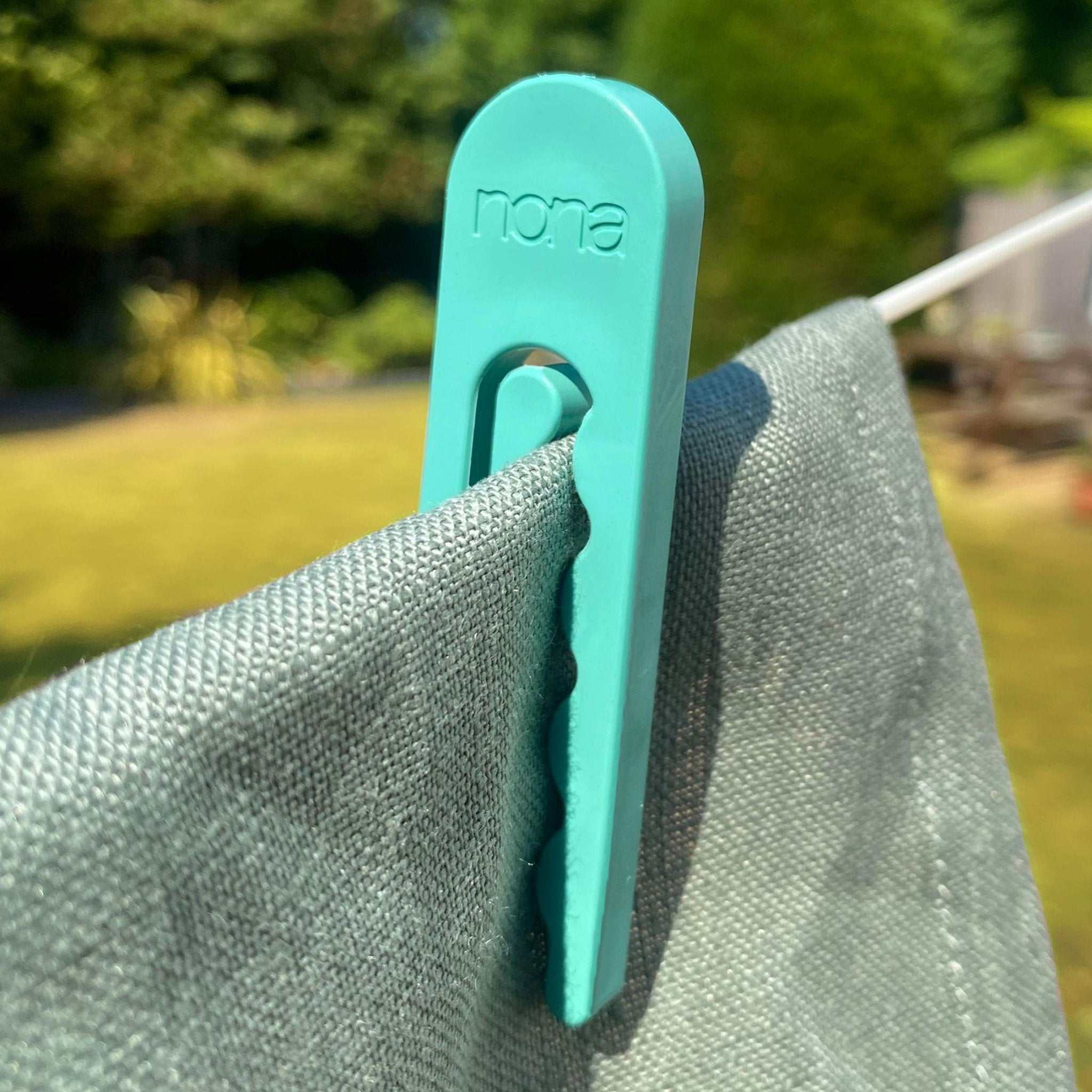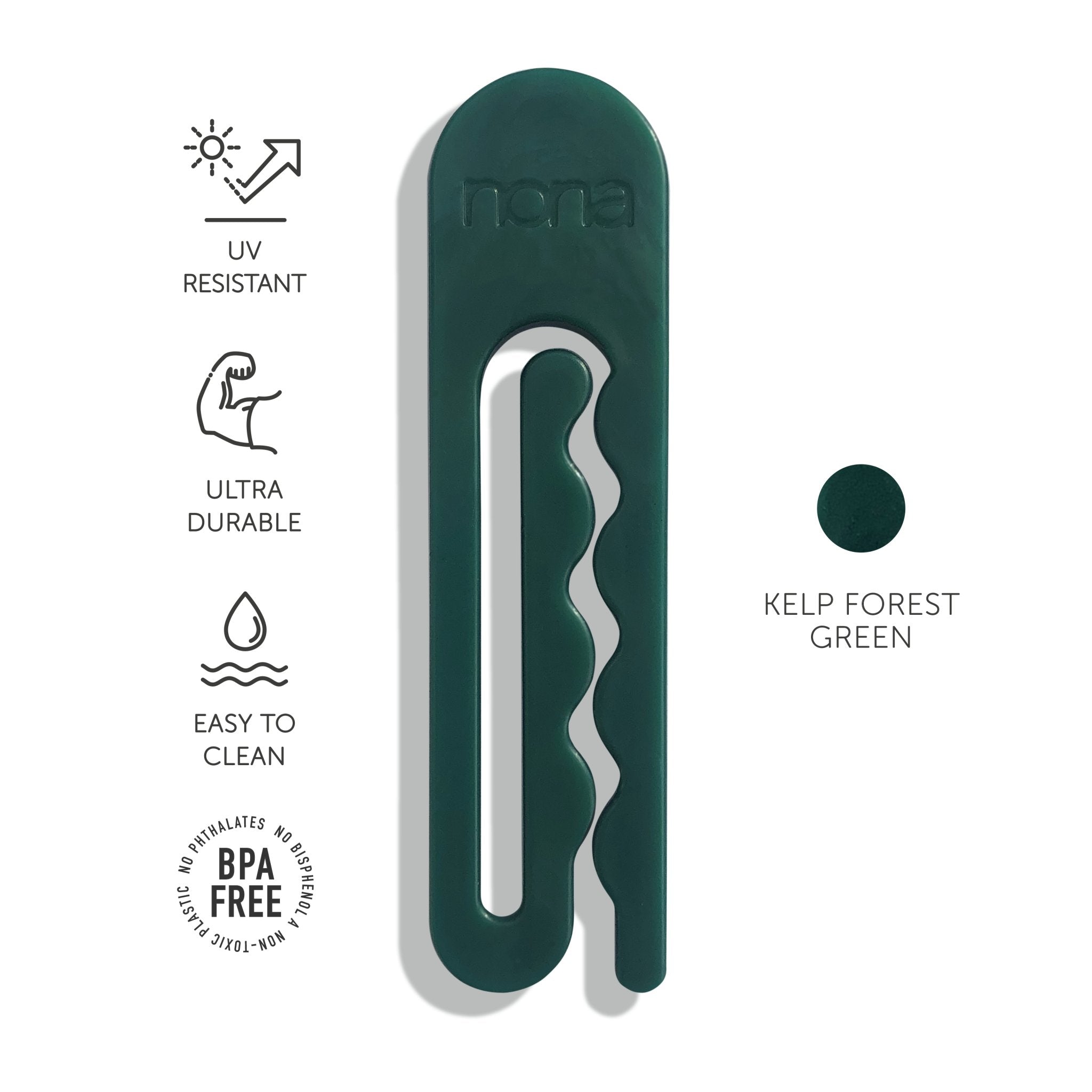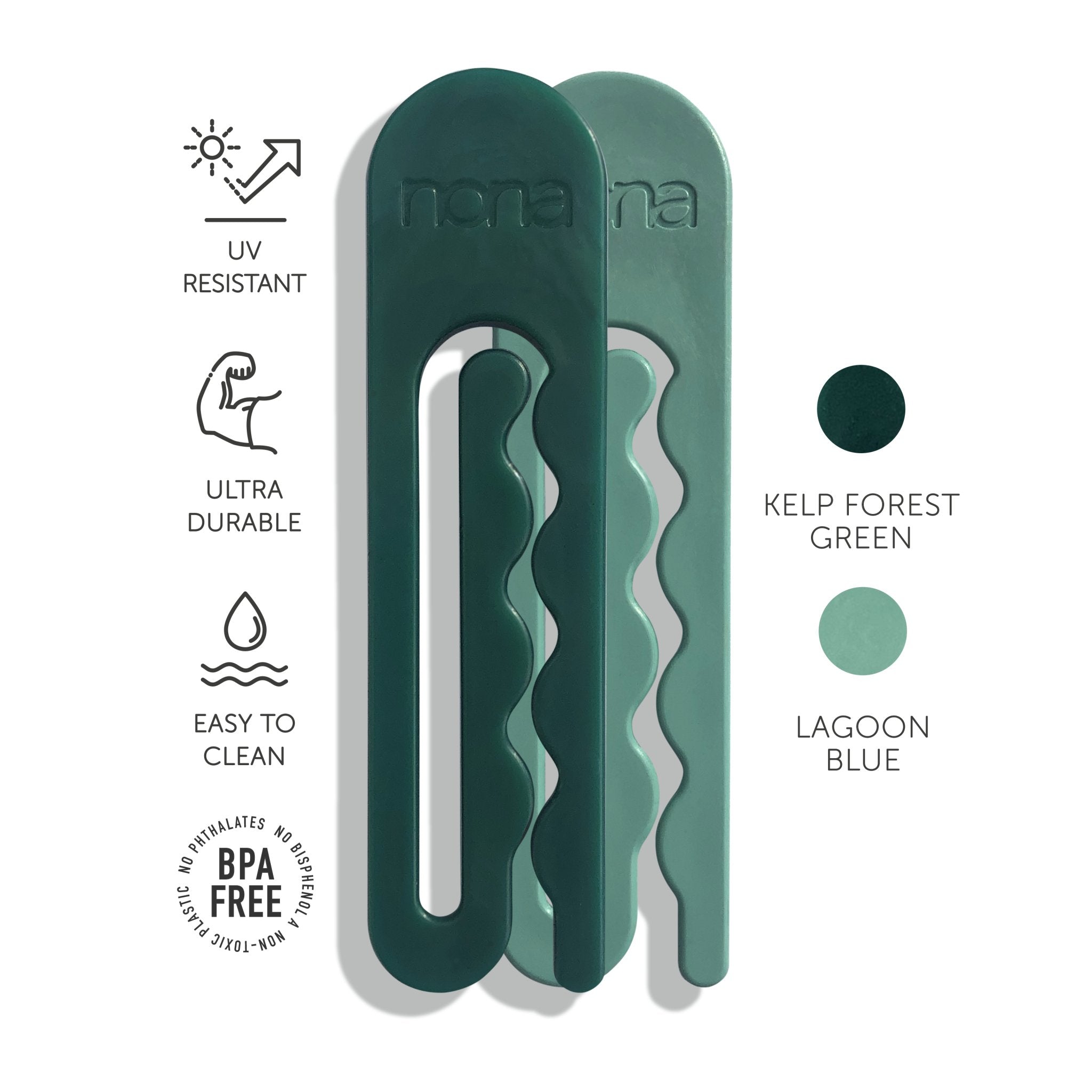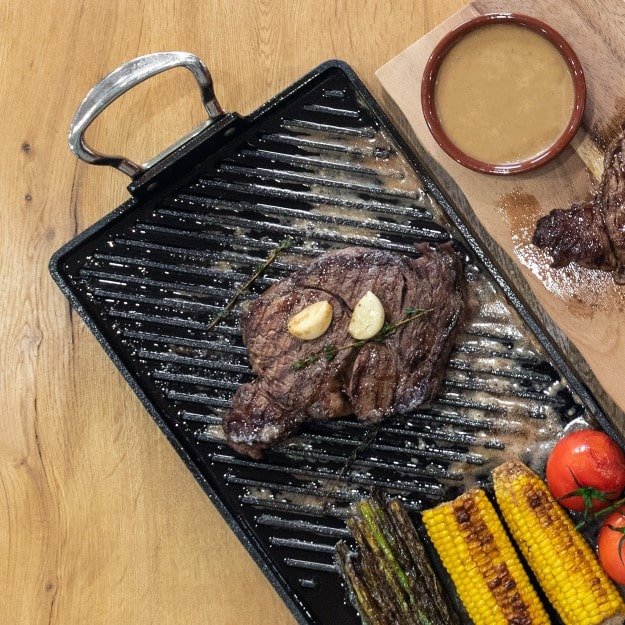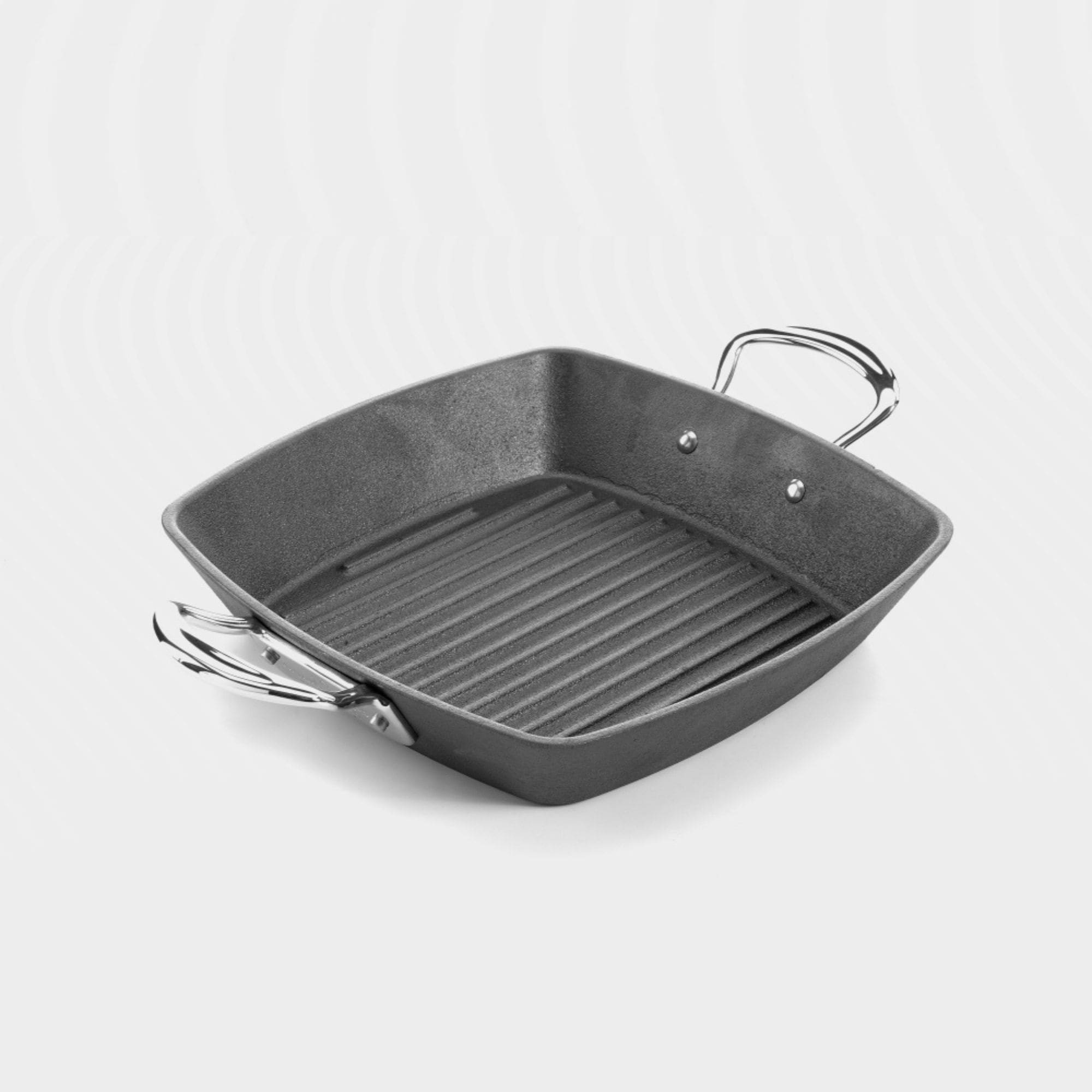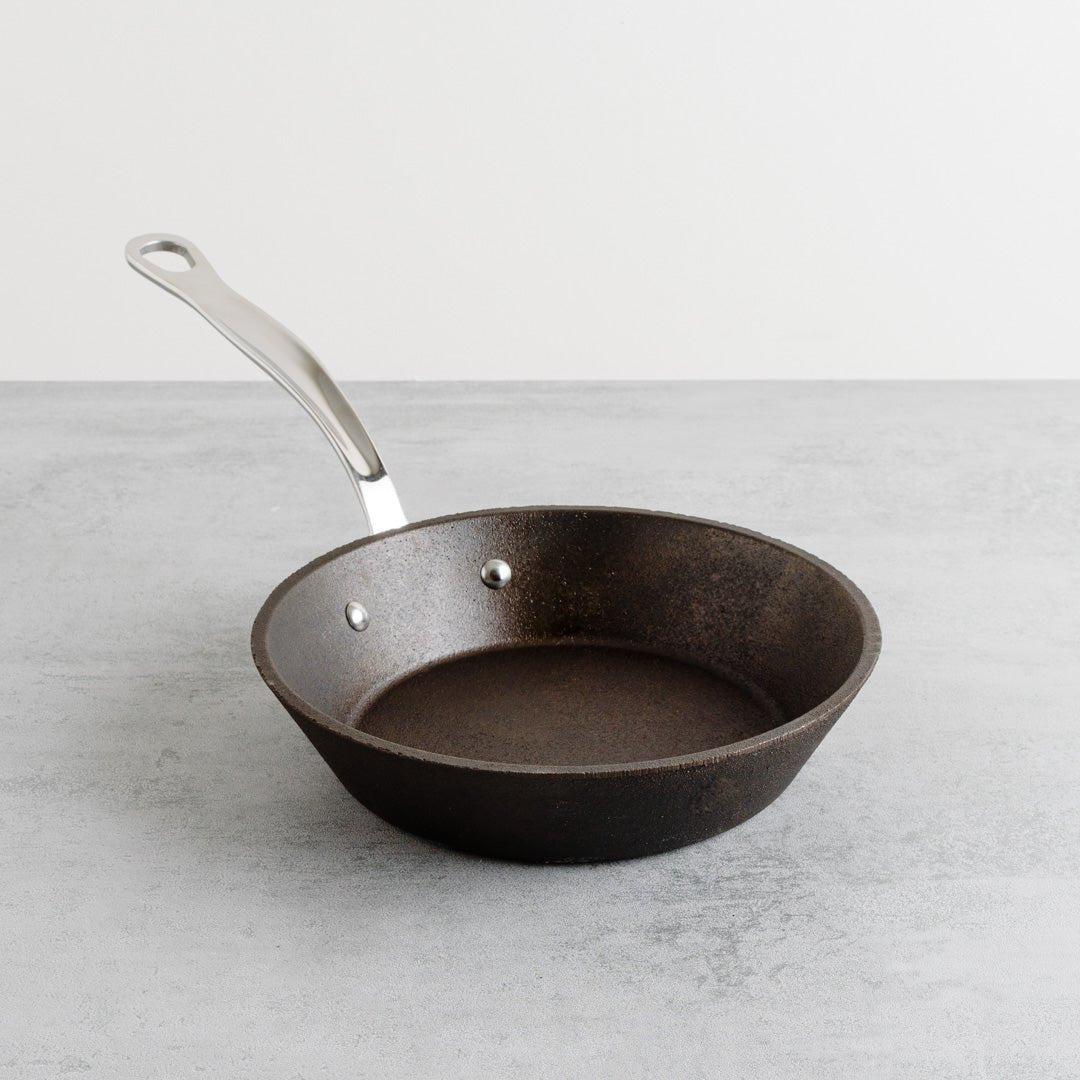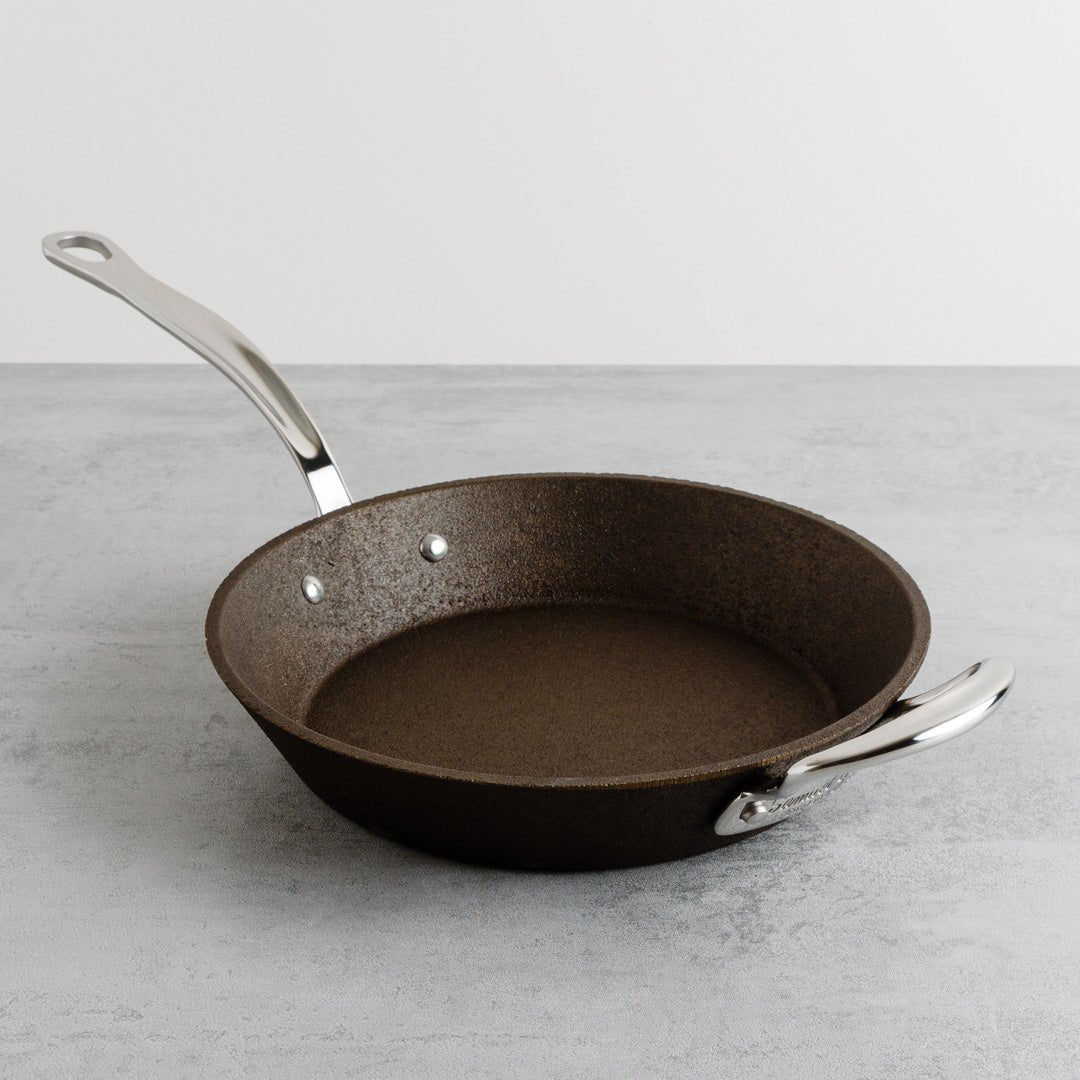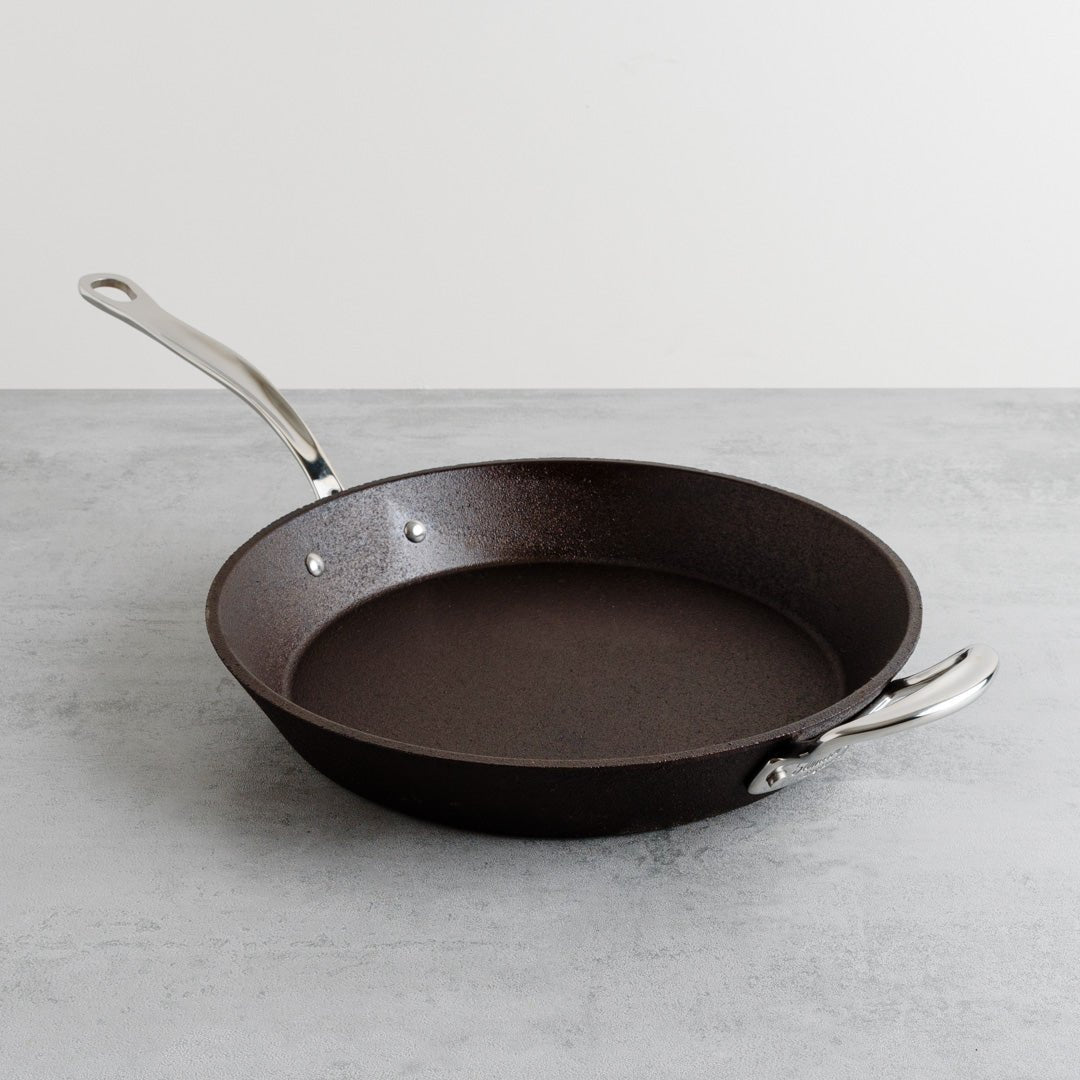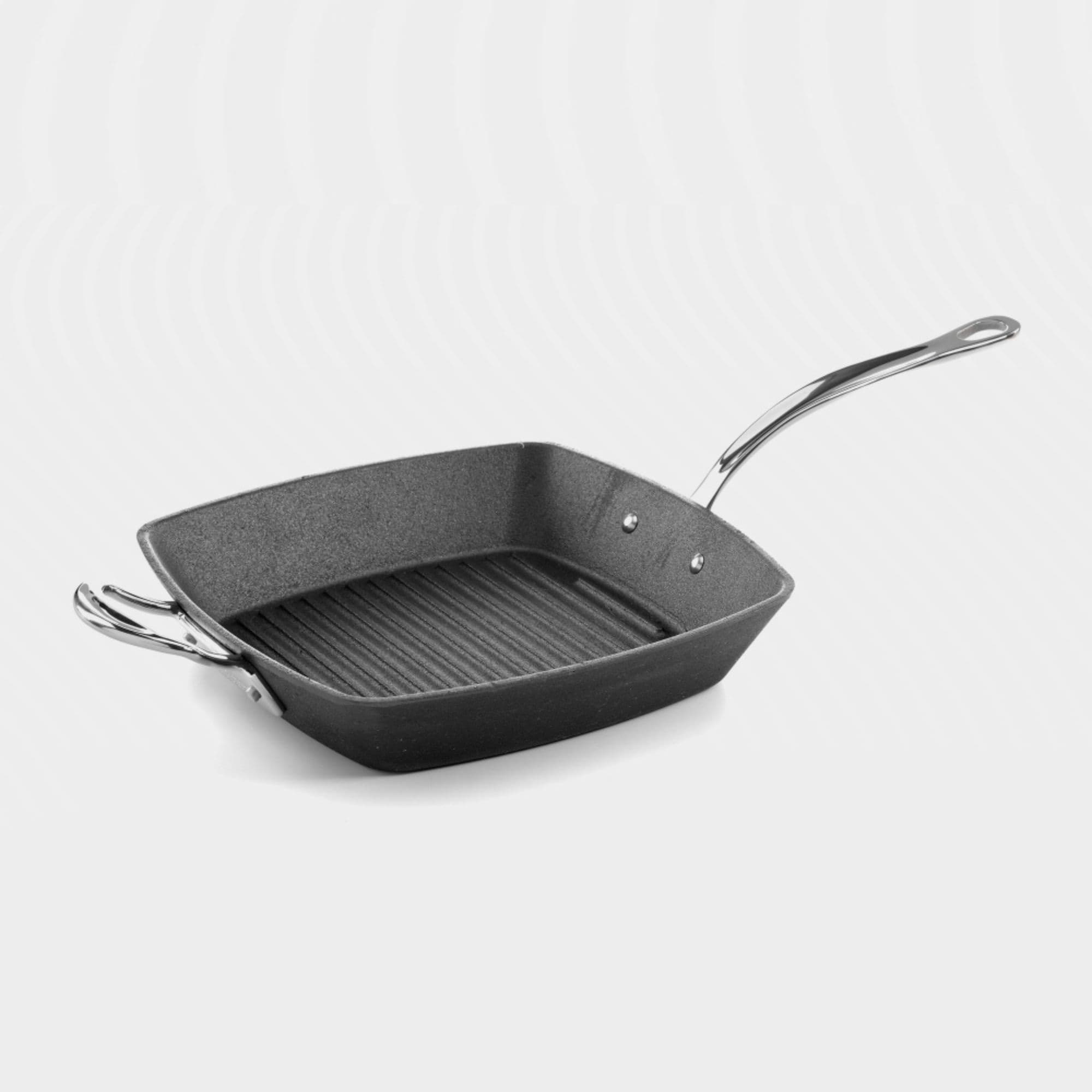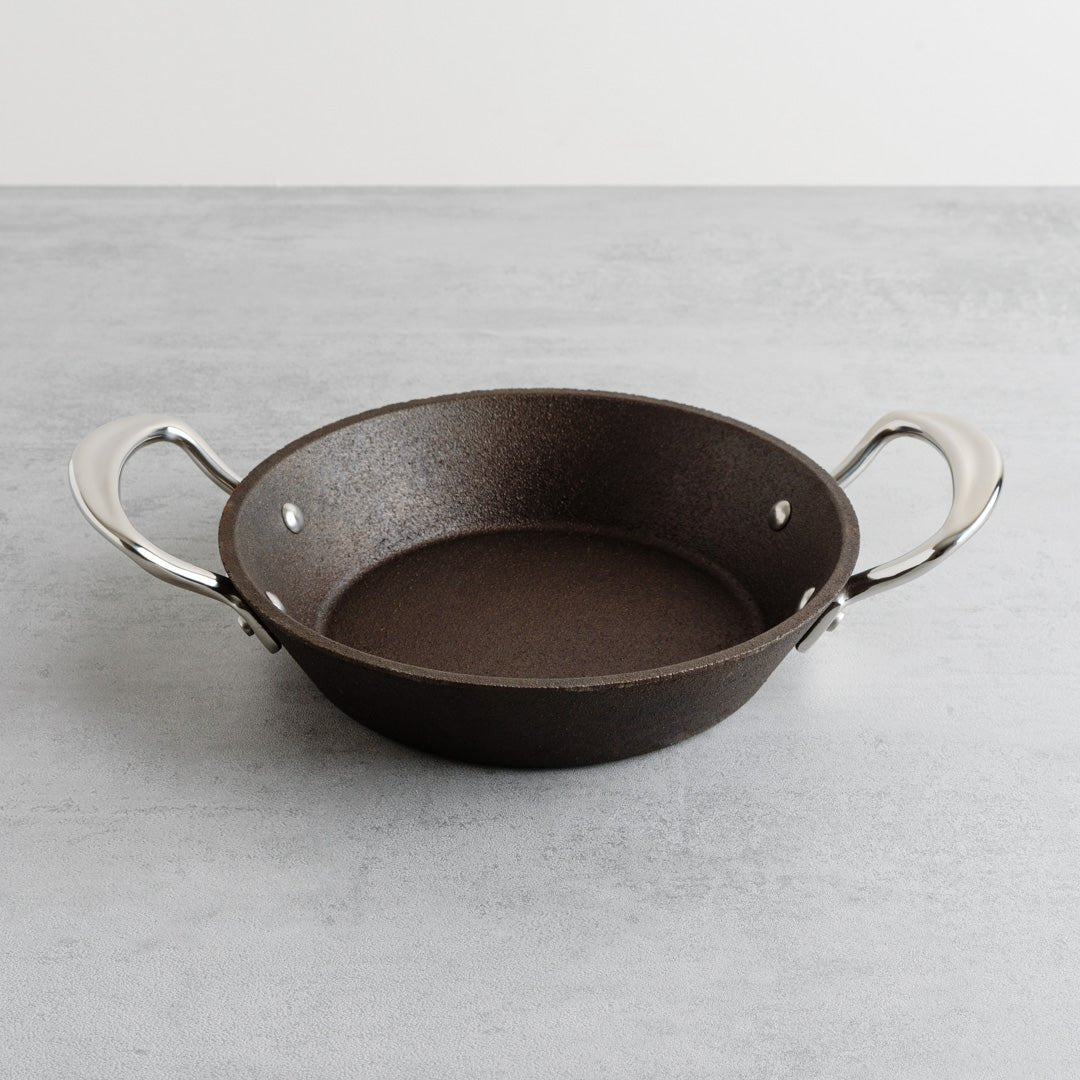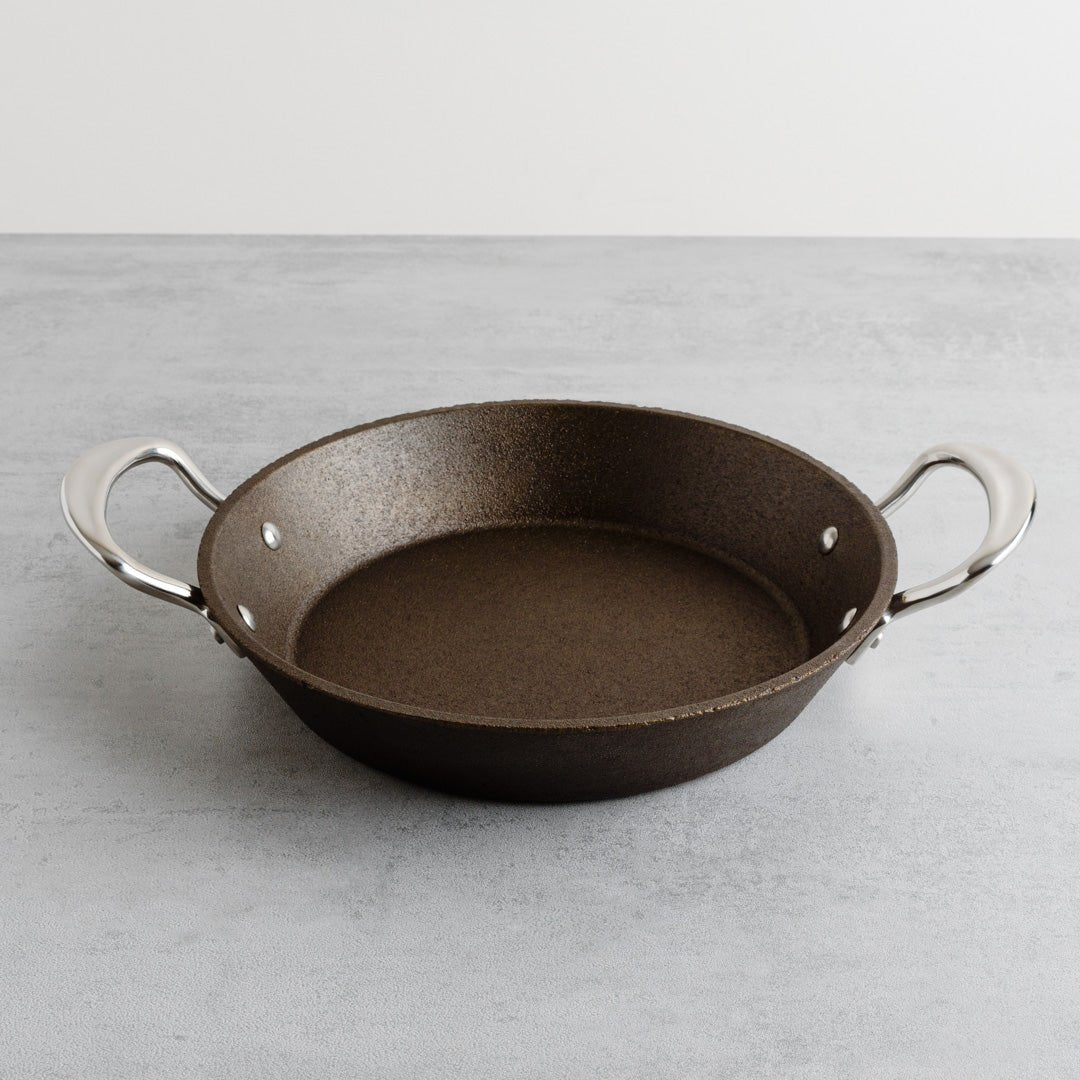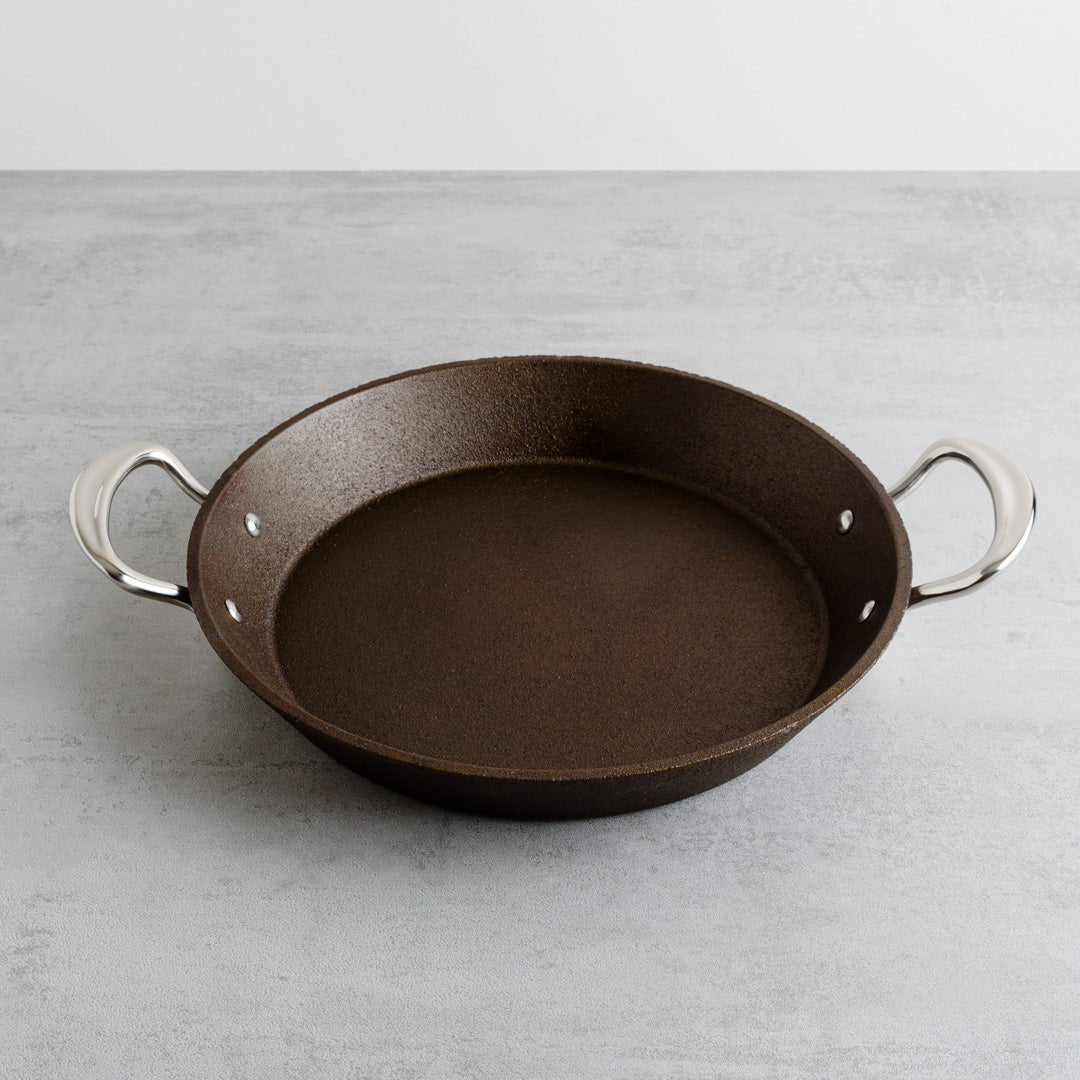UK-Made Lifetime Guaranteed Cast Iron
Solid, dependable cast iron pans made from recycled British iron. These are built to earn their place on your hob for decades, with a proper lifetime guarantee to back it up. Samuel Groves repurposes its own waste iron to create versatile, hardwearing cookware that cooks evenly and lasts well. Lower impact. Longer life. No need to replace.
FAQs about UK-Made Lifetime Guaranteed Cast Iron
What is the best long-lasting cast iron cookware made in the UK?
The best long-lasting cast iron cookware made in the UK is crafted with British iron ore in small batches, marrying age-old techniques with serious durability. These pans are built to last a lifetime - many even come with guarantees to prove it. With a naturally non-stick patina and thick, heat-retaining bases, they cook evenly and can be re-seasoned as needed. Whether it’s a casserole dish or trusty skillet, these pans offer decades of dependable use. Explore our full range of UK-made cast iron cookware here or learn how we pick our most durable finds right this way.
How do I season a UK-made cast iron pan properly?
To season a UK-made cast iron pan properly, wash off the protective wax with mild soap, dry it fully, then rub on a thin layer of neutral oil. Pop it upside down in a 230°C oven for an hour with a tray underneath, then cool in the oven. This builds a natural non-stick coating that improves with use. Repeat a few times to get started. With a spot of care, this finish can last for years and is easy to refresh. For the full how-to, including a few clever tips, visit our cast iron seasoning guide.
What's the best way to clean a cast iron frying pan without damaging it?
The best way to clean a cast iron frying pan without damaging it is to skip soap and harsh scrubbers. Use warm water and a soft brush or chainmail scrubber, then dry immediately to keep rust at bay. A light wipe with oil afterwards keeps the seasoning happy. For stubborn bits, simmer water in the pan to loosen them. With each gentle clean, your pan’s non-stick surface improves - and unlike some modern coatings, this one just gets better with age.
Can cast iron pans be used on induction hobs?
Yes, cast iron pans can be used on induction hobs - and they work brilliantly. Thanks to their magnetic properties, they heat up quickly and evenly, making them a go-to for searing and slow cooking alike. Just take care placing them down to avoid scratching your shiny hob surface (they’re not exactly featherweights). Cast iron’s versatility means you can use it on any hob type - and its heat retention earns it a gold star in the kitchen.
What should I cook to get the most out of my cast iron pan?
To get the most out of your cast iron pan, try recipes that thrive on high, steady heat - like sizzling steaks, crispy roast spuds, or bubbling cornbread. It’s great for browning, baking, and frying, making it a trusty all-rounder. Avoid very acidic dishes, such as tomato-heavy sauces, until your seasoning is well established. With every use, your pan becomes more non-stick and flavour-friendly. A good cast iron pan only gets better with age - much like a fine cheddar.
How do I remove rust and restore a cast iron pan?
To remove rust and restore a cast iron pan, scrub away the rust with a stiff brush or steel wool under warm water. Dry it straight away - warming it on the hob helps - then apply a light coat of oil and bake it at 230°C for an hour to re-season. Let it cool and repeat if needed. Unless it’s cracked, your pan can be brought back from the brink. For more tips and tricks, dive into our cast iron repair guides.
How do I care for cast iron to keep it in top condition for life?
To keep cast iron in top condition for life, clean it without soap, dry thoroughly, and add a touch of oil before storing. Avoid acidic dishes until well seasoned. If it starts sticking, a quick reseasoning will sort it. Store it somewhere dry to dodge rust. With care and a little consistency, cast iron only gets better as the years roll on. Many British-made pans come with lifetime guarantees - so treat it well, and it might just outlast your cooker. Browse cast iron gift ideas here.

